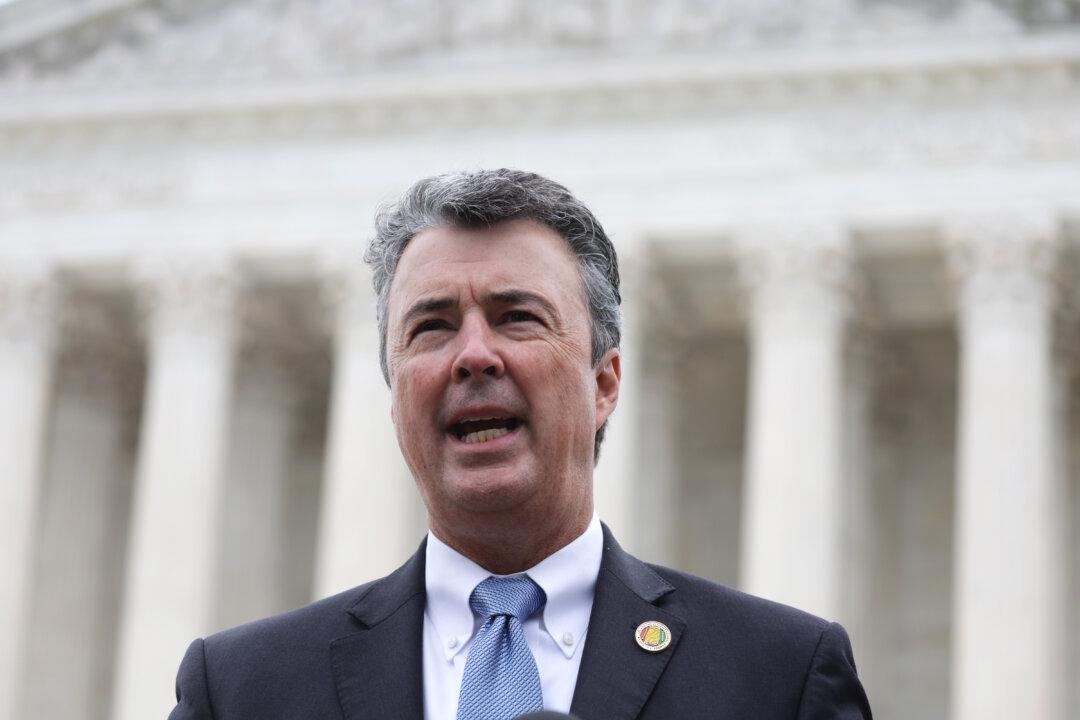The Supreme Court sided on May 15 with a condemned man in Alabama who wants to be executed by nitrogen gas instead of lethal injection, refusing to set aside a stay of execution by lethal injection previously granted by the U.S. Court of Appeals for the 11th Circuit.
Justices Clarence Thomas and Samuel Alito dissented from the Supreme Court’s new unsigned order in Hamm v. Smith, court file 22-580. The court did not explain why it declined to grant the petition filed by the state.





